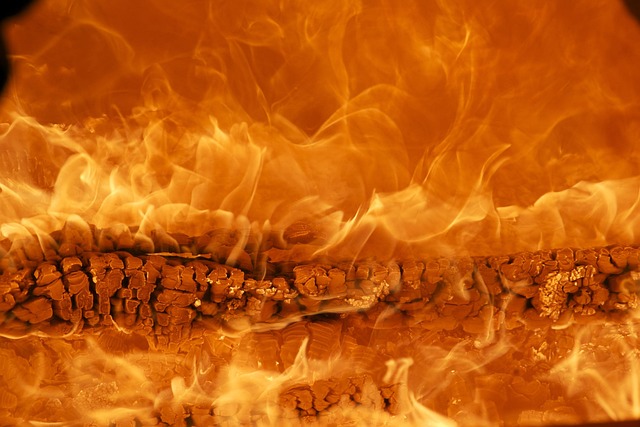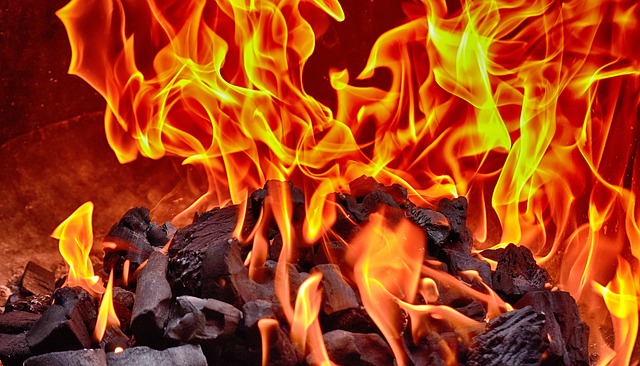In California's competitive real estate market, understanding fire damage assessments is crucial for selling a damaged home. Professional assessors provide detailed reports on structural integrity, fixtures, and finishes to guide repairs, insurance claims, and buyer expectations. Adhering to strict state regulations and disclosure rules involves consulting contractors and lawyers. Auctions offer a swift and economical solution, with buyers often seeking renovation projects. Strategic preparation, including damage assessment and legal clearance, maximizes returns by appealing to buyers' transformation potential.
“In the aftermath of a fire, many Californians wonder if it’s possible to sell their damaged property. This comprehensive guide explores fire-damaged property auctions, a viable option for those looking to recover losses. We delve into crucial aspects like understanding fire damage assessments, navigating legal considerations, and mastering the auction process unique to California. By following expert tips on maximizing returns, homeowners can ensure they get the best possible value for their fire-affected assets.”
- Understanding Fire Damage Assessments in California
- Legal Considerations for Selling a Fire-Damaged Property
- The Auction Process: How It Works and What to Expect
- Maximizing Your Returns: Tips for Successful Auctions
Understanding Fire Damage Assessments in California

In California, understanding fire damage assessments is crucial for anyone considering selling a house with such damage. After a fire, property owners often face the challenge of determining the extent of the damage and its potential impact on the home’s value. Professional fire damage assessors play a vital role in this process. They meticulously evaluate every aspect of the property, from structural integrity to the condition of fixtures and finishes, documenting all findings with detailed reports.
These assessments are essential for several reasons. First, they help determine whether the damaged areas can be repaired or if the cost of restoration is prohibitive. Second, they provide accurate data for insurance claims, ensuring owners receive fair compensation. Lastly, in California’s competitive real estate market, understanding fire damage assessments helps set realistic expectations for selling a house with such damage, maximizing potential buyer interest.
Legal Considerations for Selling a Fire-Damaged Property

When it comes to selling a fire-damaged property in California, there are several legal considerations to keep in mind. The first step is to understand that selling such a property requires adherence to specific regulations and disclosure requirements. In California, sellers are mandated to disclose any known defects or damage to the property, including fire damage, to potential buyers. Failure to do so may result in legal repercussions, as it could be considered fraudulent or misleading.
Additionally, there might be local building codes and safety standards that need to be addressed. After a fire, it’s crucial to ensure that any repairs meet these regulations to avoid future legal issues. Property owners should consult with professionals, such as contractors and real estate lawyers, who can guide them through the process of selling while ensuring compliance with California’s strict laws regarding property transactions, especially when dealing with damaged assets.
The Auction Process: How It Works and What to Expect

When a house in California sustains fire damage, it doesn’t automatically mean its value is forever diminished. One avenue for homeowners and investors alike is to consider fire-damaged property auctions. These sales offer an efficient and often cost-effective way to buy or sell properties that require significant repairs.
The auction process typically involves several key steps. First, the damaged property is appraised to determine its current market value, taking into account both the repairs needed and any potential depreciation caused by the fire. Next, a predetermined timeframe for bidding is set, usually ranging from a few weeks to a month. Interested parties can then submit bids online or in person during designated auction events. On the auction day, each bid increases the property’s price in real-time, creating a competitive environment. Once the bidding closes, the highest bidder wins the right to purchase the property at that set price, often paying less than traditional sales due to the urgent nature of these auctions.
Maximizing Your Returns: Tips for Successful Auctions

Maximizing returns in fire-damaged property auctions requires strategic preparation and understanding the unique circumstances of such sales. If you’re considering selling a house that has sustained fire damage in California, remember that many buyers are attracted to opportunities for renovation and reconstruction. Highlighting the potential for transformation can be a powerful marketing tool. Focus on what could be, rather than what was.
Before the auction, thoroughly assess the extent of the fire damage and obtain accurate estimates for necessary repairs. This information will help set realistic expectations for potential buyers. Additionally, ensure all legal aspects related to insurance claims and clearance from local authorities are in order to streamline the buying process post-auction.
Fire damage doesn’t necessarily spell the end for a property’s value. In California, understanding the assessment process and legal framework empowers homeowners to navigate auctions successfully. By familiarizing themselves with the auction mechanism, they can maximize returns when selling a house that has sustained fire damage. This strategic approach ensures a smoother transition, offering a fresh start following a challenging event. Remember, whether you’re a seller or buyer, knowledge is key in the California real estate market, especially regarding fire-damaged properties.






